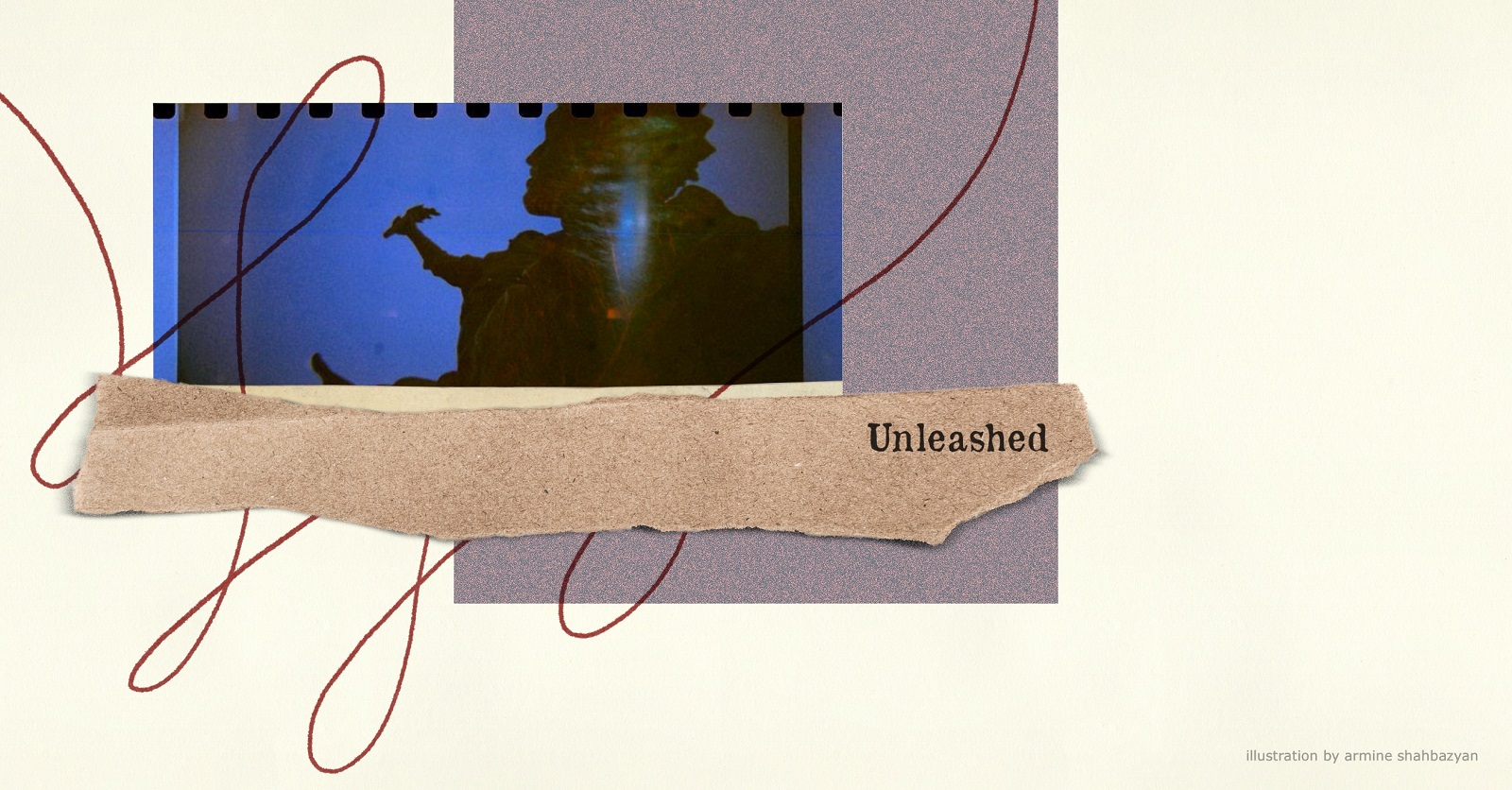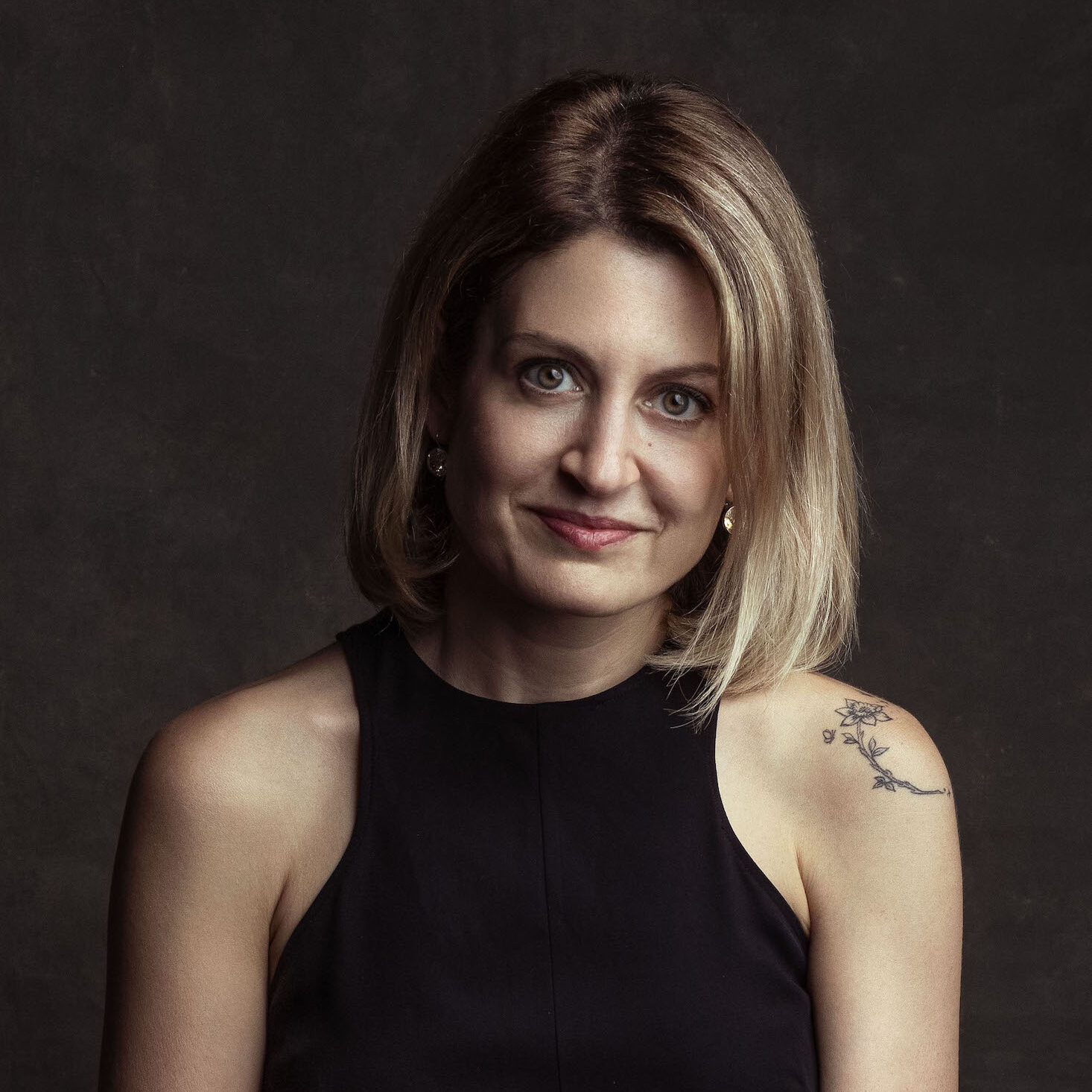

Lebanon is timeless, but relatively new to me. My first visit was in October 2023, when I was invited to speak at the launch of Dalal Mawad’s extraordinary book, “All She Lost”. The book delves into the devastating 2020 Beirut blast, Lebanon’s collapse, and the heart-wrenching stories of the women who survived. Despite my initial reservations about traveling to the region given the ongoing clashes with Israel at the time, the moment I landed in Beirut, it was love at first sight—and the romance has only grown stronger ever since.
This love affair is evidently shared by many, as the phrase “Beirut, Mon Amour” sporadically emerges throughout the city, embodying a deep, emotional connection to it, often in the context of its enduring resilience despite facing numerous hardships and disasters. This sentiment has also surfaced more prominently in social media as well as various artistic and literary works, especially following significant events that have impacted the city. It encapsulates both a lament for Beirut’s frequent tragedies and a declaration of solidarity, grief, enduring affection and hope for its recovery and future.
It is impossible not to fall in love with Beirut and its stunning contrasts. Here, the mountains kiss the sea, remnants of French colonial architecture blend with the elegance of Middle Eastern aesthetics, and spaces are shared by the expressions of no less than 18 different religions. At the same time, Lebanon seems cursed by a multitude of misfortunes that have brought the nation to its knees. The country grapples with profound political instability, rooted in a sectarian power-sharing system that often leads to governmental paralysis and inefficiency. This environment has allowed corruption to flourish, with political leaders frequently seen as putting the interests of their sects or personal gain above national welfare.
The scars of the lengthy civil war from 1975 to 1990 still linger, adding layers of complexity to political and social dynamics, which continue to influence governance and communal relationships. The economic landscape is similarly dire, marked by one of the worst financial crises in modern history. Decades of mismanagement and unsustainable fiscal policies have led to massive devaluation of the Lebanese pound, hyperinflation, and a banking sector in distress, drastically affecting daily life and increasing poverty. Adding to the nation’s woes was the catastrophic Beirut port explosion in August 2020, which not only caused significant loss of life and widespread destruction but also intensified the economic and political crises, eroding what little trust remained in the government.
As if all that weren’t enough, Lebanon also struggles under the crippling weight of hosting around two million refugees, primarily from Syria and Palestine, further straining its limited resources and infrastructure. Chronic public service failures, such as electricity shortages, water scarcity, and inadequate waste management, exacerbate living conditions. External pressures and regional conflicts, including ongoing tensions with Israel and the activities of Hezbollah, continue to destabilize Lebanon. And the involvement of key regional powers like Iran and Saudi Arabia, each backing different factions, complicates diplomatic relations and internal security, making it difficult for the country to regain its footing and progress towards recovery.
Despite these incredibly challenging circumstances, Beirut continues to radiate beauty. The food remains plentiful and absolutely exquisite, and the Lebanese, ever lovers of quality, continue to exude style in every attire, from flowing silk dresses to graceful hijabs. Beirut also has world-class medical care, which brought me back there the next two times. A hard-to-detect but debilitating condition was recently discovered and masterfully treated by one of Lebanon’s finest surgeons at the American University of Beirut Medical Centre. The facilities were pristine and top-notch. During my treatment, Israeli drones attacked southern Beirut, killing and injuring several. Despite this, the doctors and nurses were incredibly calm, professional and nurturing.
A few days later, Israeli fighter jets took to breaking the sound barrier over central Beirut, terrorizing the population with repeated deafening sonic booms so forceful that they broke windows. Strangers in the street seeing me visibly shaken came to reassure me. My Lebanese friends, who have had to endure such tension for as long as they can remember, constantly checked in to make sure that I was okay, until the very last minute of my stay.
Amidst it all, I couldn’t help but think: How could a city so broken find the space to take such good care of me? The following quote, often (though perhaps wrongly) attributed to Maya Angelou, might explain it: “I have always said that if I were a city, I’d be Beirut. I’d be old but young, sad but joyful, tumultuous but peaceful, simple yet sophisticated, loving yet strong, and giving my everything even when I have nothing left to give.”
Regardless of its true origin, this sentiment epitomizes Beirut. This is Lebanon. She is so astoundingly beautiful, it is no surprise that everyone wants a piece of her. Should you ever visit, bring her a token of your affection, even a simple pebble. For in return, she will offer you the stars and the moon together, along with her soul. And if your heart doesn’t yearn for Lebanon, then just let her be. Let her breathe. She has suffered enough.
But if you’re Armenian, Lebanon should hold a special place in your heart. Having served as a place of safe harbor for survivors of the Armenian Genocide, welcoming them when they were most vulnerable, we owe a profound debt of gratitude to Lebanon for enabling our culture to survive and flourish after nearly being annihilated. Lebanon has been a place where Armenians could thrive and evolve, especially (but not exclusively) in areas like Bourj Hammoud where Armenian churches, schools, restaurants and shops abound, and the Western Armenian language still echoes. Even our spiritual heritage has deep roots in Lebanon, with our second Catholicosate established in Antelias, just outside Beirut, cementing our enduring connection to this land.
So, as I reflect on the vibrant yet turbulent spirit of Beirut, it becomes clear that our destinies are intertwined by shared stories of struggle and resilience. Yet, with all that the Lebanese have endured, a shadow of despair has begun to cast over them. Few places in the world have stood by Armenians more steadfastly than Lebanon in our times of greatest need. Now, during their time of great need, perhaps it’s our turn to return the favor.
See all [Unleashed] articles here
Listen to Sheila’s personal reading of “Beirut, Mon Amour”.


